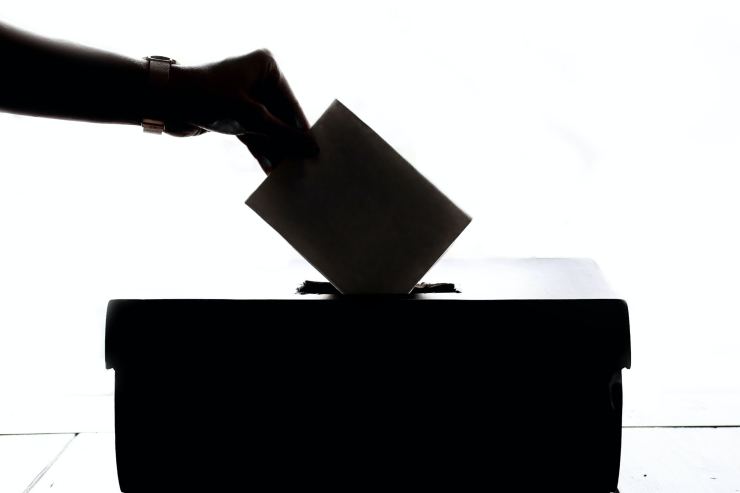
The Bharatiya Janta Party (BJP)-led National Democratic Alliance (NDA) secured a slender majority in the 2024 Lok Sabha elections, yet a striking trend has emerged – the ruling coalition failed to win a single parliamentary seat from India's three largest religious minorities: Muslims, Christians and Sikhs. However, compared to the 2019 polls, voting preferences among these groups have undergone notable shifts.
Data published by Lokniti-CSDS in The Hindu highlights substantial gains for the NDA among Christian voters, rising from 16% in 2019 to 28% in 2024, a 12-percentage point increase. Crucially, nine points of this gain accrued to the BJP's allies, likely attributable to alliances forged with parties like the Telugu Desam Party and Jana Sena Party in Andhra Pradesh.
Conversely, the NDA suffered a steep decline in support from the Sikh community. Their preference for the NDA plummeted from 31% in 2019 to a mere 10% in 2024, a massive 21 percentage point drop. The exit of the Shiromani Akali Dal from the NDA coalition accounts for 19 points of this decline, while the BJP itself witnessed a significant dip in Sikh backing despite concerted efforts to expand its base in Punjab.
For the Congress-led opposition alliance, the trend among Muslims proved favourable. According to the survey, Muslim support for the Congress rose from 33% in 2019 to 38% in 2024. However, the most substantial gains were reaped by Congress allies, soaring from 12% to 27% over the same period. This surge can be largely attributed to the inclusion of the Samajwadi Party in the alliance, albeit the survey's exclusion of parties like the Trinamool Congress in West Bengal implies even higher overall support for the opposition among Muslims.
Notably, the Congress suffered a setback among Christian voters, with their backing declining from 39% in 2019 to 25% in 2024.
A. C. Michael, coordinator of the United Christian Forum, speaking to Christian Today expressed uncertainty to the genuineness of the report until thoroughly verified. He said,
that there have been areas where Christians must have supported the NDA alliance “like in Kerala Bishops had given open calls to support BJP.”
Highlighting Goa and Andra Pradesh, he said, “it is not a secret that BJP has good followings of Christians in Goa as they have been winning state assembly elections and in Andhra Pradesh too BJP may have got indirect support as Chandrababu Naidu has good Christian followings,” said Michael.
Among Sikhs, while the Congress maintained a lead over the BJP at 30%, this represented a 9-percentage point decrease from the previous election.
Contrary to speculation, the BJP failed to make significant inroads among Muslim women, despite the ban on triple talaq. According to the survey, only 7% of Muslim women voted for the BJP, compared to 8% among the overall Muslim population.
In Uttar Pradesh, the opposition alliance's performance exceeded expectations, capturing 43 of the 80 seats contested. The BJP, contesting 75 seats, managed to win only 33, with its allies securing one seat. The Lokniti-CSDS data reveals that upper-caste voters favoured the BJP, while Other Backward Classes (OBCs), Scheduled Castes (SCs), and Muslims consolidated behind the opposition.
Factors contributing to the BJP's underwhelming performance included effective social engineering by the Samajwadi Party, voter apprehensions over potential constitutional changes affecting reservations, unsuccessful polarisation attempts by the BJP, waning "Modi magic", and public frustration over unemployment and examination irregularities.
Significantly, when asked about their preferred prime ministerial candidate, 36% of respondents favoured Rahul Gandhi, compared to only 32% backing Narendra Modi – a remarkable shift from the BJP's dominance in previous elections.




